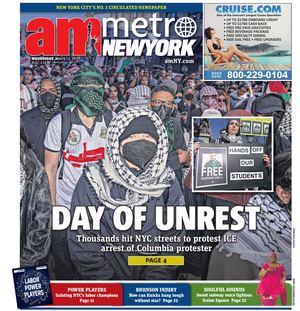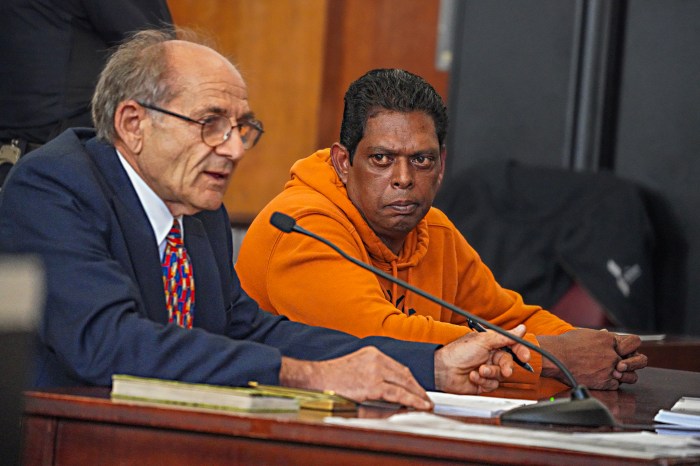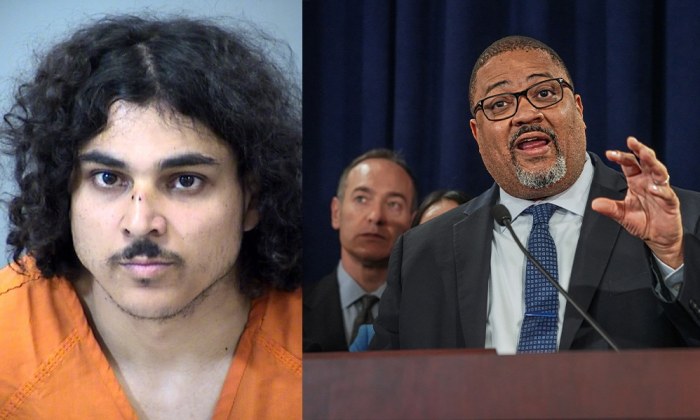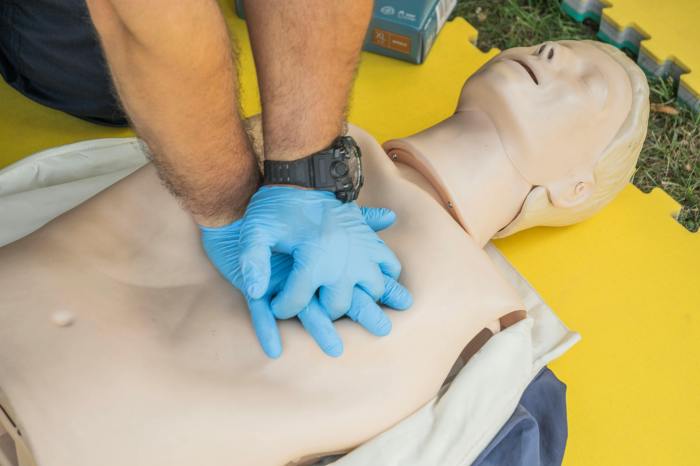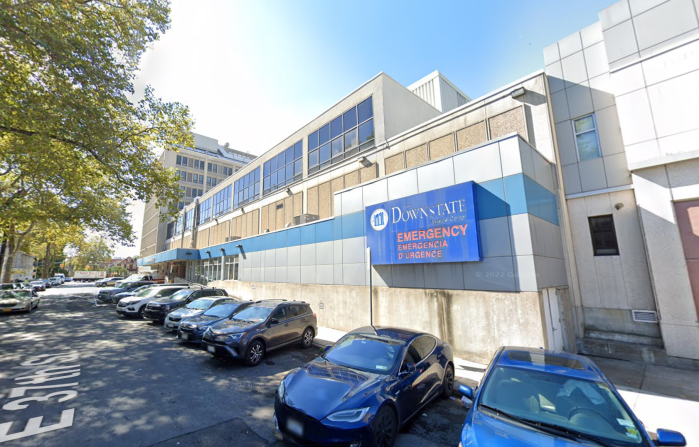The Manhattan District Attorney’s Neighborhood Navigator public resource program has impacted the lives of more than 700 people in less than a year after it debuted, data from the DA’s office reveals.
Kicking off in February 2024, District Attorney Alvin Bragg announced that his office would be funding a network of navigators designed to meet, build relationships with, and aid those in the street living with homelessness, addiction, and mental health crisis. During the outreach process, workers say they look to build trust that will lead to meaningful aid for those in need.
“Our Neighborhood Navigators are extremely hardworking, caring and dedicated. They have been using their lived and shared experiences to connect with New Yorkers in need and get them the support they deserve, whether it is housing, health care or a warm meal. We are incredibly proud of the progress we have made in just 10 months, which is making our city safer and stronger,” Program Director of Neighborhood Navigators Rocio Santos said.
Since the operation began at the beginning of the year, outreach workers have patrolled areas, including Chelsea, Hell’s Kitchen, Midtown West Central, East Harlem, Lower East Side, Chinatown, Washington Heights, and Inwood. During the process, navigators distribute hygiene kits, food and water, and clothing.
Since February, the district attorney’s office says the program has provided immediate resources to more than 550 individuals and made referrals to more than 140 clients, which includes housing, identification and benefits, substance treatment information, mental health treatment information, education and employment information.
Meanwhile, 50 people have been referred to navigators as clients from local businesses, non-profits and service providers.
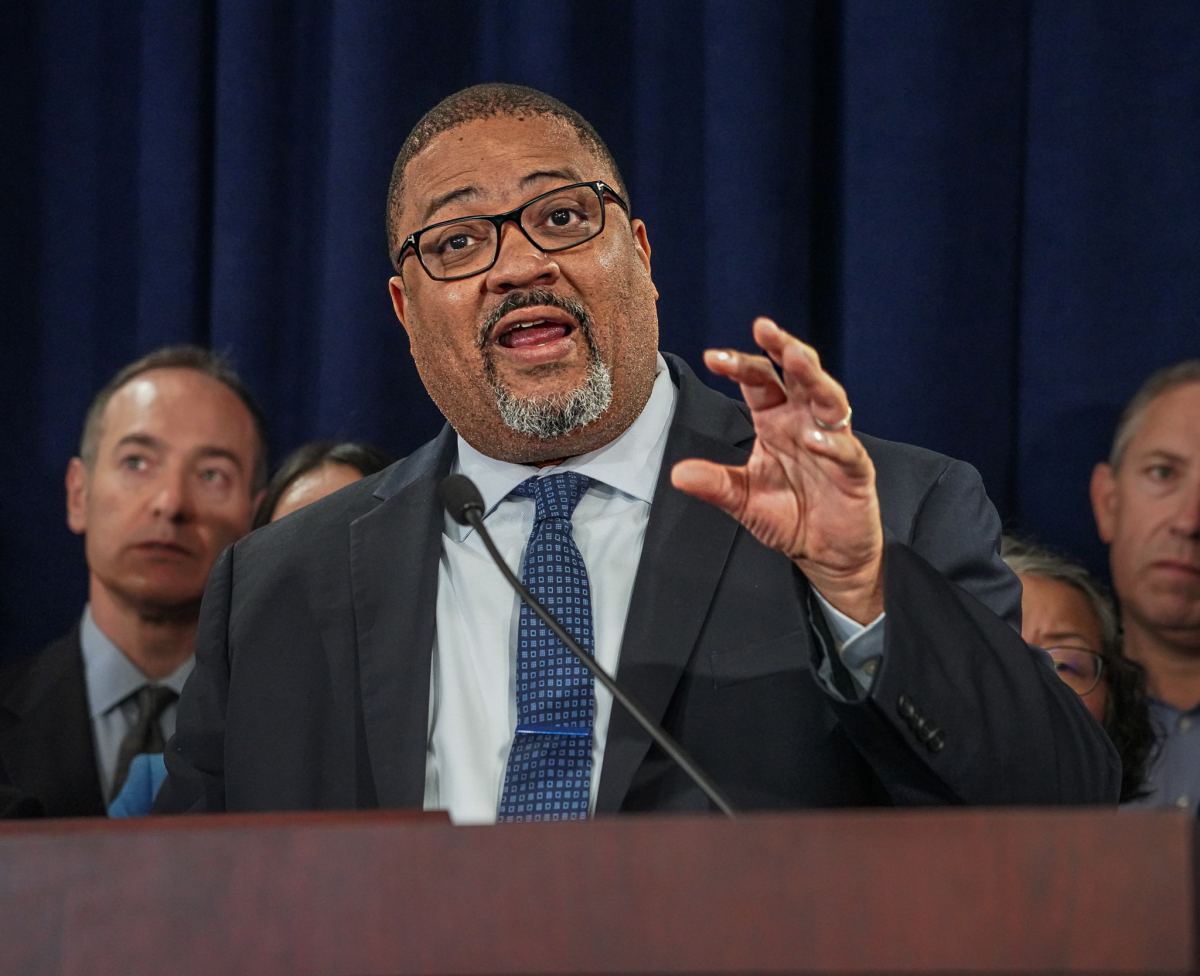
“Addressing our city’s mental health crisis is essential for achieving lasting public safety and New Yorkers deserve an all-hands-on-deck approach. In addition to prosecuting crime, my office is taking a proactive approach by helping Manhattanites who are in distress. Our Neighborhood Navigator program is a huge component of that work, and it is delivering promising results by connecting with hundreds of unhoused people throughout the borough and offering them housing, employment, or healthcare services,” District Attorney Bragg said.
In one instance, the Washington Heights/Inwood team said that over the course of six months, they worked with a client, slowly but surely building a relationship until they were able to place the individual in permanent supportive housing despite what they cite as a complex mental health diagnosis. For both the DA’s office and the outreach team, this exemplifies the importance of both the program and taking the time to work on the building blocks of a rapport, something those on the outside also say they recognize.
“The Neighborhood Navigators operating in Midtown have been outstanding partners in providing service and support to those suffering on our streets. The navigators engage with the unhoused, mentally ill, and those with substance addictions, build trust, and have had success in referring many of these individuals to housing and other healthcare services. Their dedication and collaboration have made a huge difference in both the lives of people in distress and the overall quality of life throughout Manhattan,” said Tom Harris, president of the Times Square Alliance.
